Words of Wonder: On knowledge, art, and staying heartful in our interactions
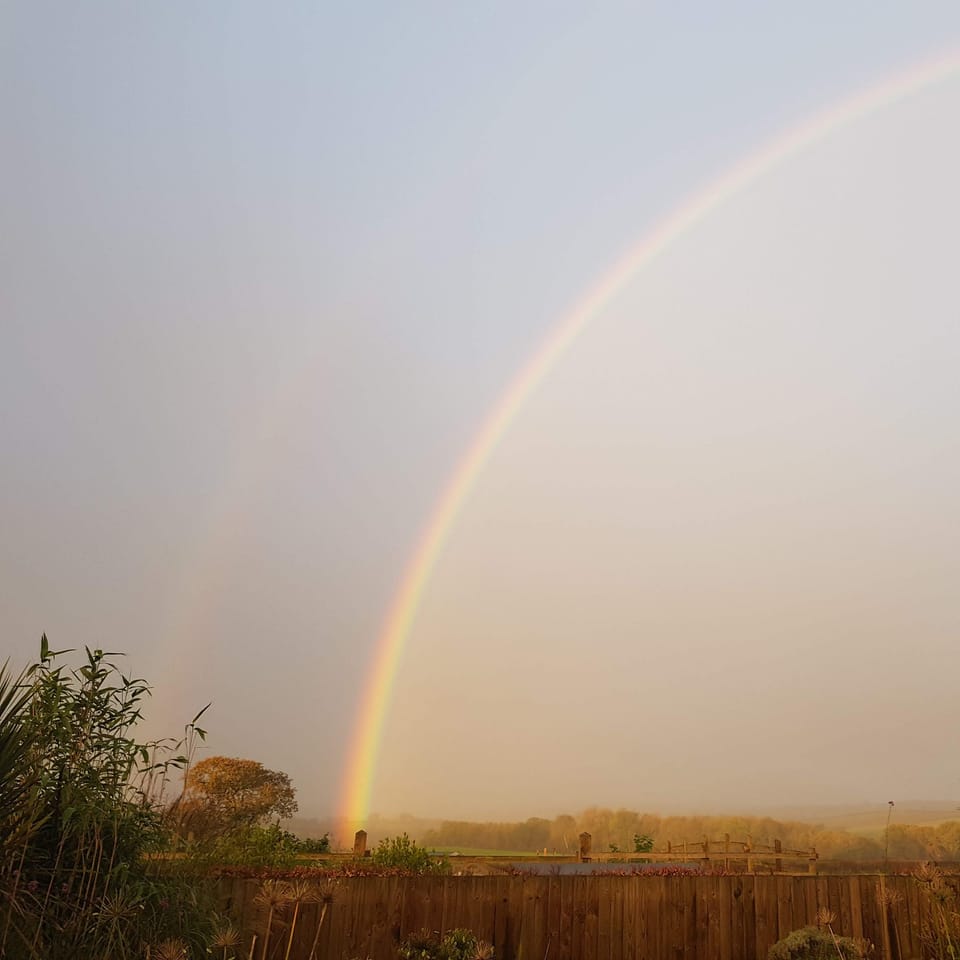
Hello folks, how are you?
We’re living in intense times (when aren’t we really, such is the cycle of human behaviour); I hope you’re finding ways to take care and give/receive what you need to stay sane and steady.
In all times of confusion, strain and tension, personally and in the wider context, I’ve always found it helpful to open my heart and mind to the perspectives of others, in the interests of broadening my view, and also to provide a counterbalance when the waves are especially turbulent.
I offer you below some of the teachings that I’ve found illuminating, sobering and helpful these past few weeks, for this round-up of Words of Wonder (which if you missed last months’ dispatch, is a regular collection and collation of words to pique our curiosity, sent at the beginning of each new month, reflecting on the insights of the one before).
Ideas, experiences and understandings of curiosity, perception and knowledge are a common theme here. Some of my personal take-aways (because it matters to reflect on the things we ingest, to take them in, absorb and apply rather than simply consume and collate):
- Make time for beautiful things, seek out the joy, create art, whatever that is for you, especially in times of inner and outer turmoil
- History matters, the past matters, causality and knowing why and what matters, but only relative to now - don't get stuck in the wandering abyss, the point is to move onward with greater awareness, to skillfully consider what we do next, so as to unfurl from unhelpful patterns and create new more wise grooves
- Knowledge is a thing to consider rather than to acquire, question what you think you know and be open to realising you don’t know as much as you think, nor do you need to
- Slow down, we rarely need to move as fast as we might be led to think
- The body has wisdom if we can get quiet and still enough to listen
Onwards. I hope you find something here to nurture, nourish and give you cause for mindful pause…..
"Art is a map for those who follow after us." Clarissa Pinkola Estes. I’ve just begun reading Women Who Run with the Wolves. It’s been on my list for a long time and it’s currently one of a few “classics” that I have greedily and happily piled up on my bedside. Greedy and happy, two adjectives that accurately describe my relationship to book knowledge. On the subject of which….
Thich Nhat Hanh in his commentary on the Heart Sutra, The Other Shore, inimitably says: "Insight is not the same as knowledge. Understanding and insight, like water, can flow and can penetrate. Views, and the knowledge we cling to, are solid and can block the flow of our understanding. In Buddhism, knowledge is regarded as an obstacle for true understanding. We have to be able to let go of our previous knowledge in the same way we climb a ladder. If we are on the fifth rung and think we are already at the top, there is no hope for us to step up to the sixth. We must learn to transcend our own views in order to progress on our path."
I’ve been sitting with the trappings and benefits of knowledge for a while. As I shifted from one morning’s meditation, these words from WG Sebald’s Rings of Saturn came to mind (one of those phrases that I wrote out and my mind instinctively absorbed and remembered when I read it some years back): "all knowledge is enveloped in darkness. what we perceive are no more than isolated lights in the abyss of ignorance, in the shadow-filled edifice of the world." To me, this speaks to the conditioned idea that we need to know more to be enough, which in this phase of my life of unlearning an relearning anew, I feel even more deeply to be a nonsense, a blockade rather than an aide to growth, where growth is about realising the fullness of who we are and what we are here for and what our role is as human beings.
J Krishnamurti’s Book of Life proved to be on-point pretty much every day in October, these words in particular struck me still: "The mind is the instrument of perception and, to perceive truly, the mind must be made straight, it must be cleansed of all conditioning, of all fear. The mind must also be free of knowledge, because knowledge diverts the mind and makes things twisted."
And how true does this feel passage in the current geopolitical climate: "The politicians, the leaders, the priests, the newspaper and books you read, the knowledge you acquire, the beliefs you cling to - all this is making the margin of freedom more and more narrow."
Sebene Selassie has long been a favourite teacher of mine. Her New Moon newsletter from 14 Oct was especially spectacular, when she said: "peace is a process not a destination. I am honoring that peace is not the absence of conflict or difficult emotions, peace is a continual dedication to love. A simple mantra came through in a plant medicine ceremony I attended a few weekends ago. Listen. Stay in your heart. I’ve been saying it to myself repeatedly since. Listen. Stay in your heart. Listen. Stay in your heart. Listen. Stay in your heart. It feels like an aspiration of tenderness and care, of mindfulness and loving kindness. An aspiration of peace. Listen — offer presence. Stay in your heart — meet this with love." I needed to feel these words, maybe you do too (and check out Sebene’s newsletter for more).
"The purpose of being is to allow ourselves to be moved by one another." Rev angel Kyodo williams is another teacher I deeply admire and am grateful to have come across in my earlier years. I rediscovered this teaching in my collection of Dharma notes on the same day I pulled Pema Chodron’s Compassion Card that urged me to be grateful to everyone. Both teachings, the same teaching in different words, reminds us to be always be aware of our interbeing, of cause and effect, of how everything we do, feel and are, is connected. Stay in your heart, just as Sebene says.
When my energy gets restless, as I found it doing and often do before each month’s Full Moon, I notice an old storehouse instinct rush up to the surface of my consciousnesses which wants to dampen the effervescence, using techniques that served me half-well in my younger less responsible days and which actually cause more long term harm than good - a familiar yearning for something to take the edge off, by eating, smoking, moving hard and fast. In other words, resisting the stillness. I've made better friends with my mind now, and respond to my restlessness and these old impulses with compassion and discipline - I know I don't need any of these things, I know they cause harm, I've always known those things. Knowledge isn't the answer. Pausing is. Listening to the body is. Giving it what it really needs is - which is compassion, attention and rest. Pema Chodon describes this practice clearly and helpfully in When Things Fall Apart: "There has to be some kind of respect for the jitters, some understanding of how our emotions have the power to run us around in circles. This understanding helps us discover how we increase our pain, how we increase our confusion, how we cause harm to ourselves....Because of mindfulness, we see things when they arise. Because of our understanding, we don't buy into the chain reaction that makes things grow from minute to expansive. We leave things a minute...It all comes from learning to pause for a moment, learning not to just impulsively do the same thing again and again. It's a transformative experience to simply pause instead of immediately filling up the space. By waiting, we begin to connect with fundamental restlessness as well as fundamental spaciousness."
Similarly, on restraint as a practice of mindfulness - and in Buddhist terms, as it relates to the Five Precepts by which practitioners commit to do no harm - Ruth King, in Mindful of Race, says: "By intentionally choosing restraint and knowing it directly, we do less harm to others and ourselves. We become less habituated, impulsive and anxious because we know what we can do without. We become stronger, more stable, and more full of choice. Most important, we discover what our minds can endure and what our hearts can metabolize."
Creativity has been on my mind lately and in my practice. I have a blank canvas that has moved between three houses in the last ten years and remained unpainted. I finally have an idea for it and am keen to get started with the abstract landscape idea I've been gathering ideas for all this time. Things take the time they take sometimes, for ideas to reach fruition. Striking this balance between doing and being, between striving and allowing, has long been a learning process for me, still is, and I'd venture to say the same applies for those of us living in the urgency created by capitalist culture. In my yoga asana practice, as much as in my other movement practices training with weights and also when walking, I become most aware of this need to balance effort and ease. In Light on Life, BKS Iyengar describes the importance of balance perfectly in aptly likening our practice to creating art: "We continually expand the frame of the mind by using the canvas of the body. It is as if you were to stretch a canvas more and create a larger space for painting. But we must respect the present form of our body. If we pull too fast or too much at once. we will rip the canvas."
The healing medicine of creativity, in terms of artistic expression, writing, movement and living as low impact a lifestyle as possible, has been vital to me all of my life. For the most part, my working and personal life revolves around it. As I consider how to evolve a few new offerings in terms of the work I do and the people I'm connected with, I've found myself occasionally succumbing to the fear and anxiety that can be induced by that old thief of joy - comparison. In these days of social presence and pressure, it's easy to stumble over that hurdle from time to time. Flicking through Mark Nepo's Book of Awakening, I found my former self's underlinings and got myself back on track with the process rather than fixation on product and output: "The longer we try to get attention instead of giving it, the deeper our unhappiness."
Nepo speaks here pithily to the conflict between inner and outer definitions of what matters, later saying: "The threshold to all that is extraordinary in life opens only when we devote ourselves to giving attention, not getting it."
In a similar vein, Ruth King, talks about art as cultural medicine, "the language of kinship", quoting Jane Hirshfield, Soto Zen practitioner and poet: "We make art partly because our lives are ungraspable, uncarryable, impossible to navigate without it. Art isn't a superficial addition to our lives; it's as necessary as oxygen. Art allows us to find a way to agree to suffering, to include it and not be broken, to say yes to what actually is and then to say something further, something that changes and opens the heart, the ears, the eyes, the mind. A work of art is always a conversation, not a monologue."
Take good care, nourish your mind, share from your heart, and move with gladness. ‘Til next time, Aliya x

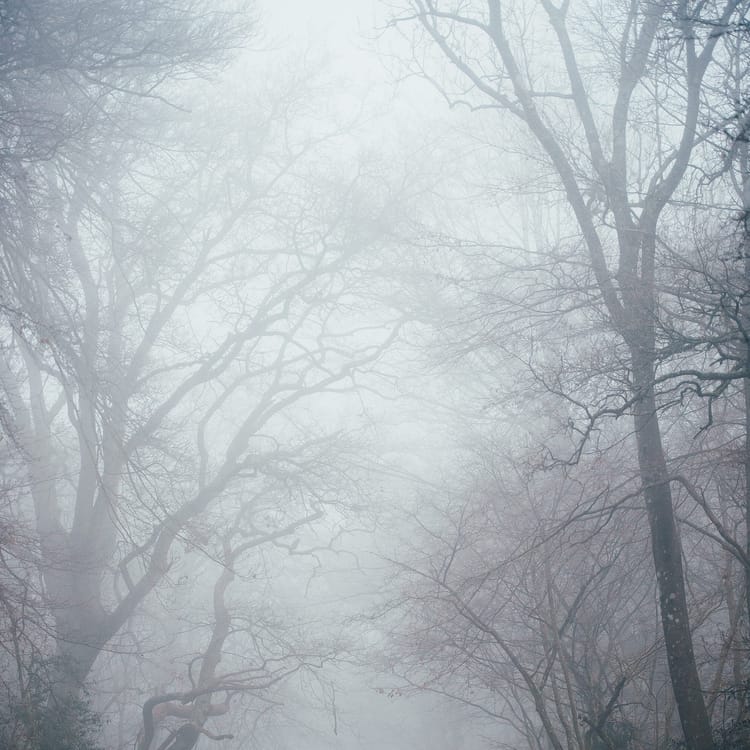
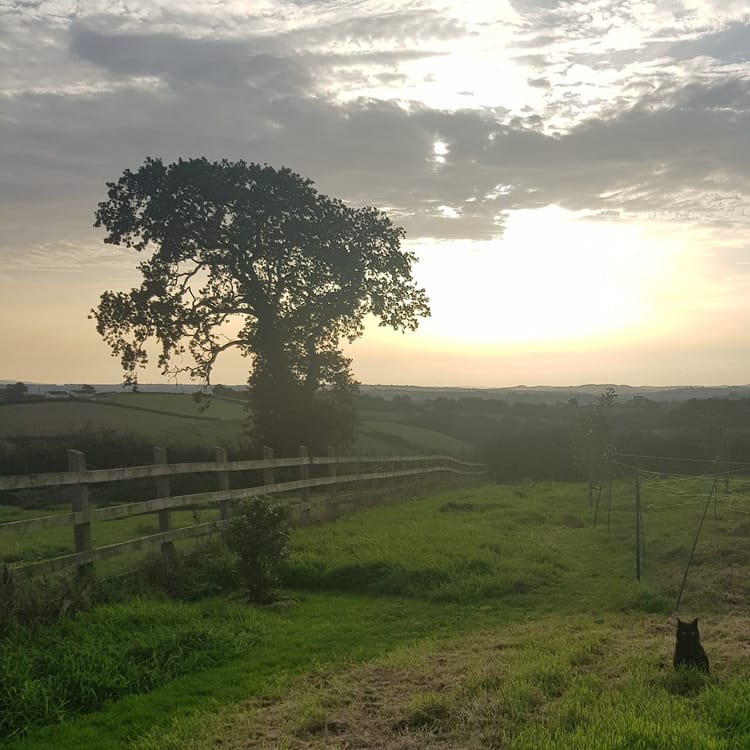
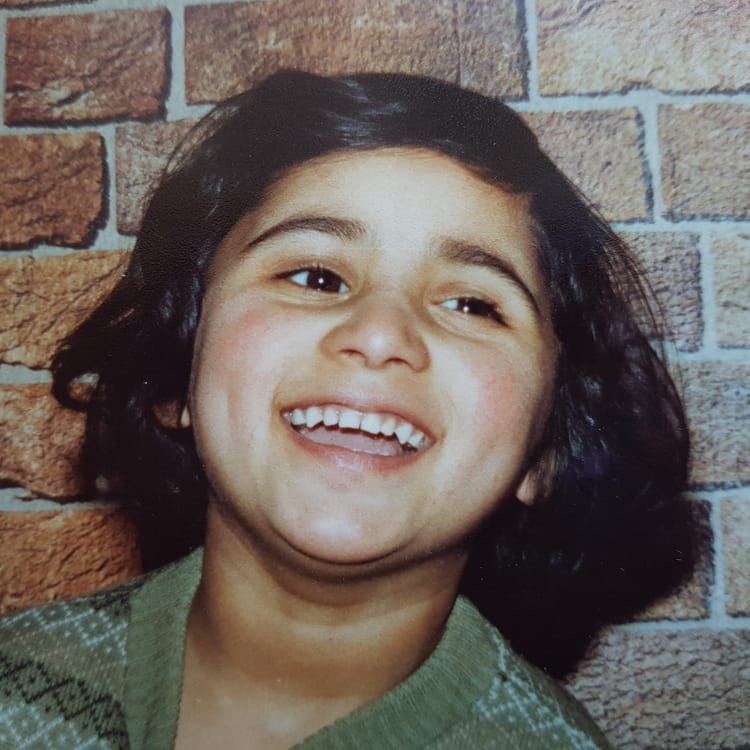
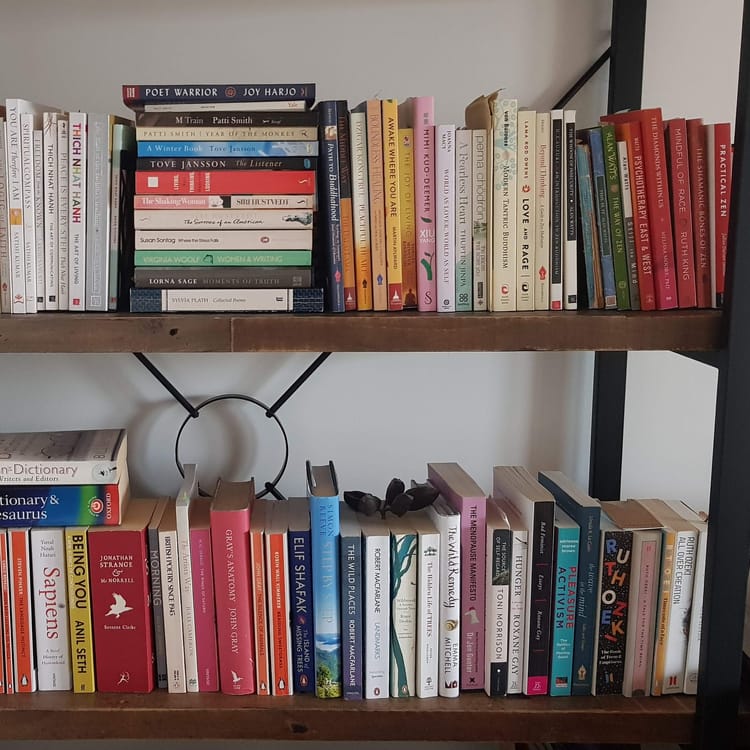
Member discussion